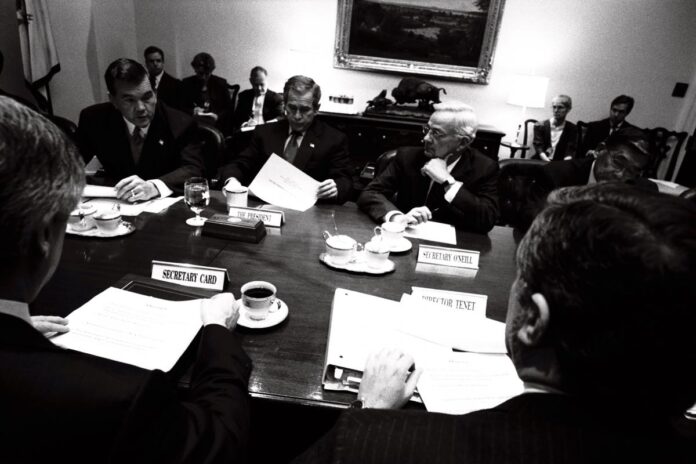Author: David Shimer
Affiliation: Associate Fellow at Yale University; Doctoral Candidate University of Oxford
Organization/Publisher: Foreign Affairs
Date/Place: June 21, 2020/USA
Type of Literature: Report
Word Count: 3858
Link: https://www.foreignaffairs.com/articles/united-states/2020-06-21/cia-interferes-foreign-elections
Keywords: Electoral Manipulation, intervention, foreign influence.
Brief:
Though Russia has been accused of interfering in elections, it is the US which has been manipulating elections starting with its interference in the Italian elections of 1948. This became a trend during the Cold War, as both the CIA and the KGB either directly manipulated the polls or influenced public opinion. After the Cold War the US claims to have lessened its election manipulation, while Russia proceeded with little change but lacked the ideological factor. Serbia is one example of post-Cold War interference, though it was perceived as necessary from the moral obligation of stopping a genocidal tyrant. Covert intervention was not a preferred method, but was seen as a last resort and that Milosevic had crossed the line. Iraq almost had the same treatment, since the US claimed wanting to democratize the country after invading it in 2003. Plans were made to manipulate elections but were halted in fear of criticism if detected, and congressional leaders objected on the basis that it was no longer the Cold war. In the post-Cold War era, election manipulation became a tool of extraordinary cases like in Serbia, but the (in)action in Iraq has become the blueprint. Thus contrary to claims, the US seems to have abandoned covert electoral manipulation. The new “war on terror” objective, which doesn’t have elections, has taken over the policy agenda. Though the CIA can influence media outlets in a region ahead of elections, it is apparent that there is a loss of appetite for electoral manipulation. The reemergence of great-power competition has raised the stakes, but the age of the Internet raises the risk of exposing the US as a hypocrite.
By: Omar Fili, CIGA Research Assistant




